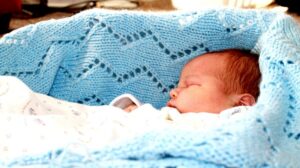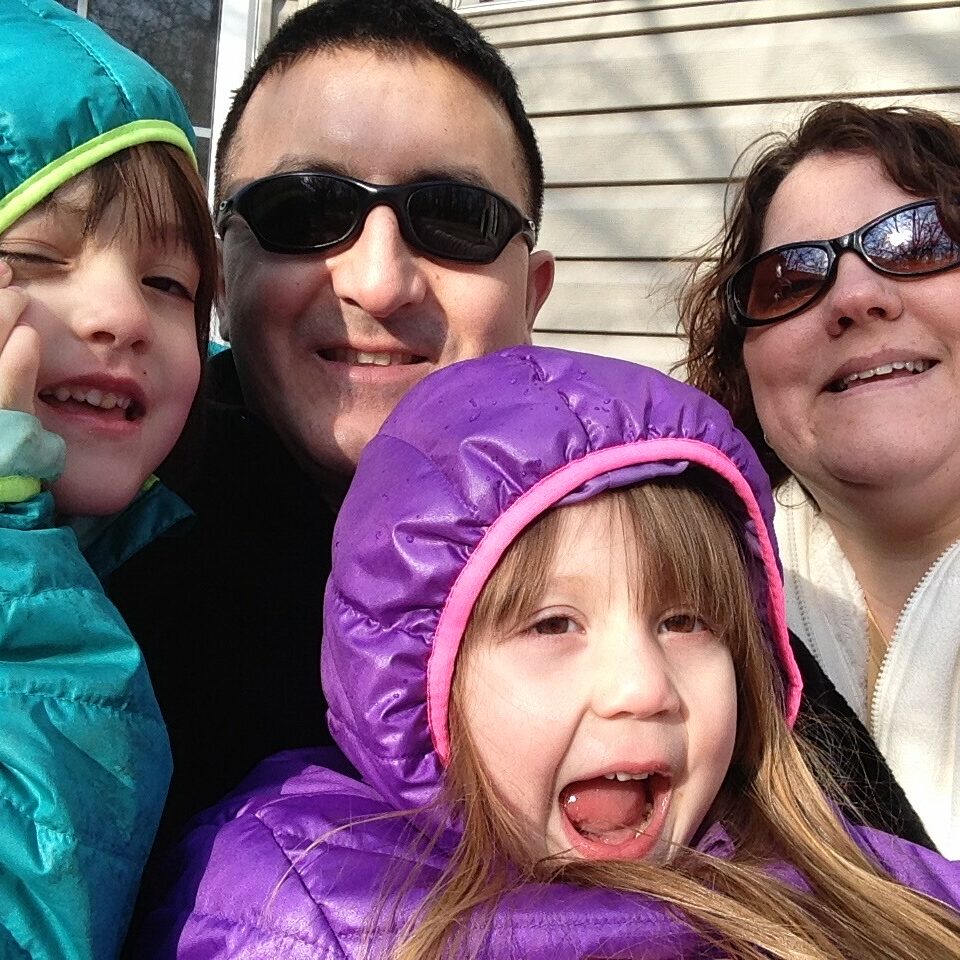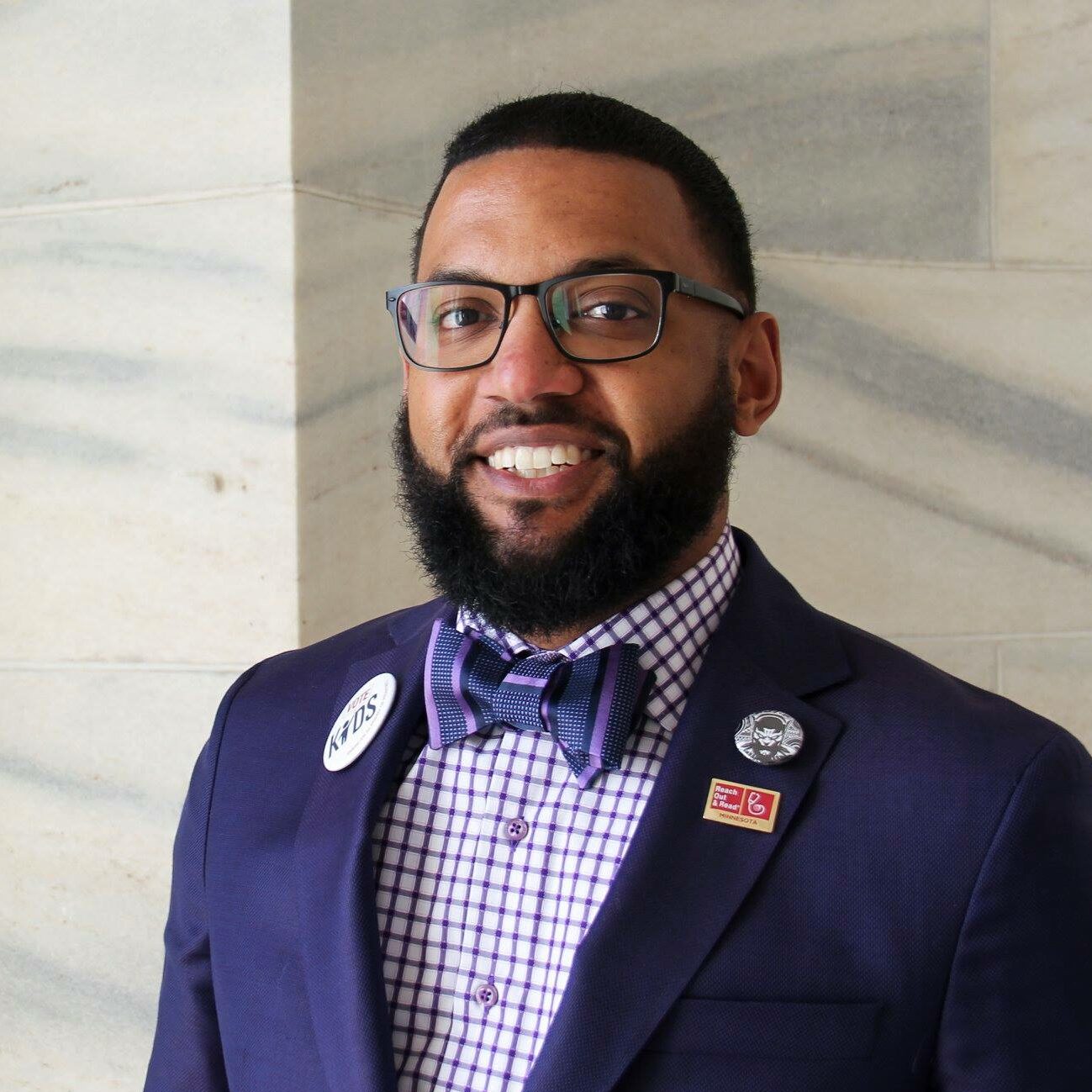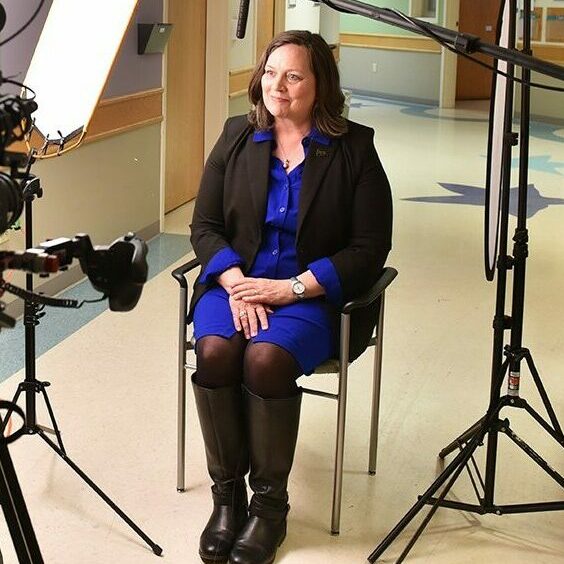 Folic acid supplements: $30
Folic acid supplements: $30- Soft Structured Baby Carrier: $110
- Organic cotton coming-home-from-the-hospital baby gown: $25
- Cloth diaper covers and prefolds starter pack: $200
So many choices. So many little choices along the way characterized by thoughtfulness, choices driven by love and a sincere desire to do our best by our children.
In the years that I’ve been involved in natural parenting circles, one term has really come to characterize the approach that loving parents use in making choices about how they want to parent: mindfulness.
Mindful parents choose the softer blanket. They take the three-second pause before responding to a disobedient child. They choose “real food” over the processed alternative, the safest sunscreen on the list (and know what “The List” is!). In short, they choose conviction over convenience. And they make these choices based on the belief that these small choices matter a great deal, that, in fact, oftentimes the small choices are the most important gifts that we can give our children.
Therefore I often struggle to understand the idea that a mindful parent chooses not to vaccinate—or at the very least vaccinates her child with more than a token amount of ambivalence and concern. In a community of parents so dedicated to education, to evidence-based care in pregnancy, birth, and parenting, I’m not sure how the strong scientific evidence showing that immunization is safe and effective was taken off the table for discussion and was replaced instead by suspicion and concern.
Indeed, there are few choices in the field of parenting that have stronger, clearer-cut evidence in support of them. Other parenting decisions are burdened by conflicting recommendations and may vary in diferent communities with different traditions. There is no such conflict of professional opinion regarding the science of immunization. Every single major medical and public health organization worldwide stands in unanimous agreement regarding the science and value of routine immunization. In the case of such clear scientific consensus, ambivalence seems driven more by fear than by fact.
To my fellow parents who choose mindfulness, I tell you that you are correct: the small choices that you make do matter. They matter a great deal, but perhaps not in the way that many in the mindful parenting community believe they do. A three-month delay on an immunization may feel safer, but this delay is not the difference between a developmental disorder and normal development. It may, however, be the difference between pertussis and no pertussis. Measles or no measles. Hib meningitis or no Hib meningitis. This we know.
And with a large enough population of selectively or “alternatively” immunized children, the question is not whether a child will be unnecessarily harmed by an alternative schedule. It’s a question of when, and whose child that will be.
Small choices, done and undone, make all the difference in the world. By all means, ask questions regarding immunization safety. Educate yourself, immerse yourself in the science, the evidence, the documented risks of immunizations and of the diseases themselves. You owe it to yourself and to your children to ask the hard questions.
But it is equally true that once a question is asked of the scientific community, one has to be willing to listen to the full answer. All of our children deserve nothing less than the best.
Johanna Holmes is a member of Voices for Vaccines’ Parent Advisory Board.



